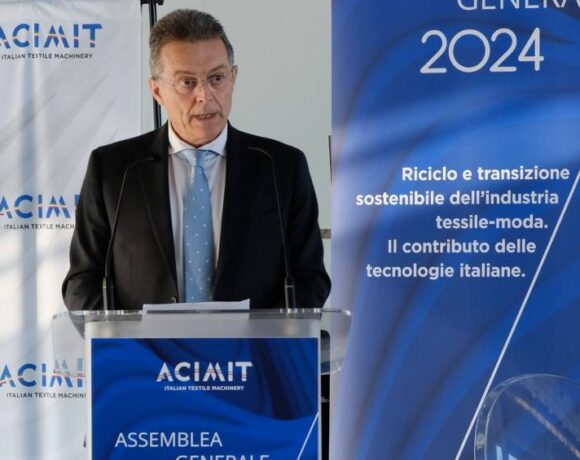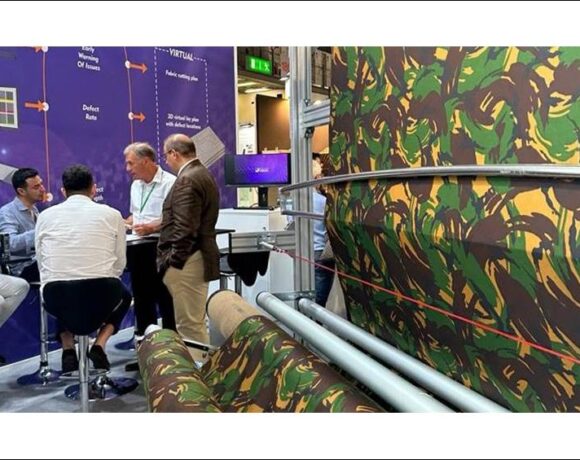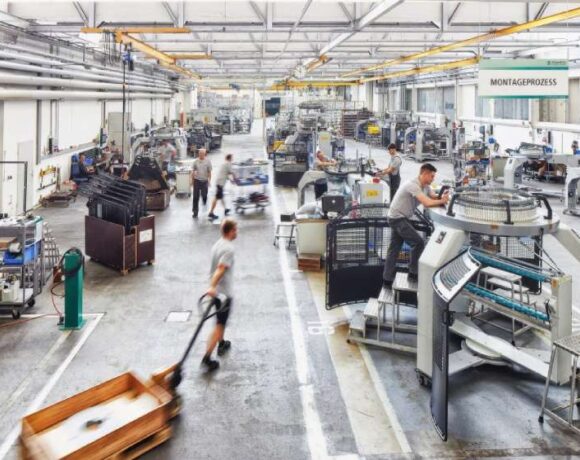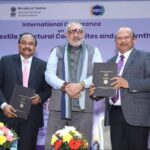Environment A Priority For Swiss Textile Machineries At ITMA

Members of the Swiss Textile Machinery Association will take part at ITMA 2023 with a special focus on solutions for a more sustainable future in the textile industry.
“Details of planned exhibits reveal how Swiss companies have been acting in specific technology developments, as well as multi-faceted business strategies to meet their own sustainability targets and those of their customers”, a press release from the association stated.
“Some of these actions go beyond products and applications to take in ‘behind-the-scenes’ measures such as improving internal ecosystems and streamlining manufacturing,” it added.
Activities covered by the Swiss firms’ technology embrace the concept of safeguarding a ‘livable planet’ for future generations, and this policy starts within the companies themselves, as they commit to careful management of their businesses to protect the environment and conserve global resources.
Swiss textile machinery manufacturers are applying their innovative power to make production as sustainable as possible and tackling issues such as saving water, chemicals, raw material waste and energy, as well as improving hardware life-cycles.
Machine developments empowering more environmental production are continually growing in importance, as producers invest in them enthusiastically.
Sustainable solutions for cotton spinners include mechanical compacting systems by Swinsol. These units need no electricity and are therefore CO2 neutral in operation. The company also offers recycling of used components.
Loepfe provides yarn clearers with latest technologies enabling settings to balance the required yarn quality against contingent productivity losses. The results avoid waste of both yarn and energy.
Retech has developed solutions to improve the footprint of mills spinning man-made fibres. State-of-the-art heating godets with energy-optimised motor technologies and heating systems enable energy savings of up to 35%.
For Stäubli, sustainable investment also means ensuring its machinery is reliable enough to allow continued production over many years, even under harshest and most demanding conditions.
Swinsol systems make it possible to spin 100% recycled fibres, even without adding new fibres due to a high short fibre distribution.
Jakob Müller provides technologies in narrow weaving that enables the processing of sustainable yarns and therefore the manufacture of closed-loop products.















